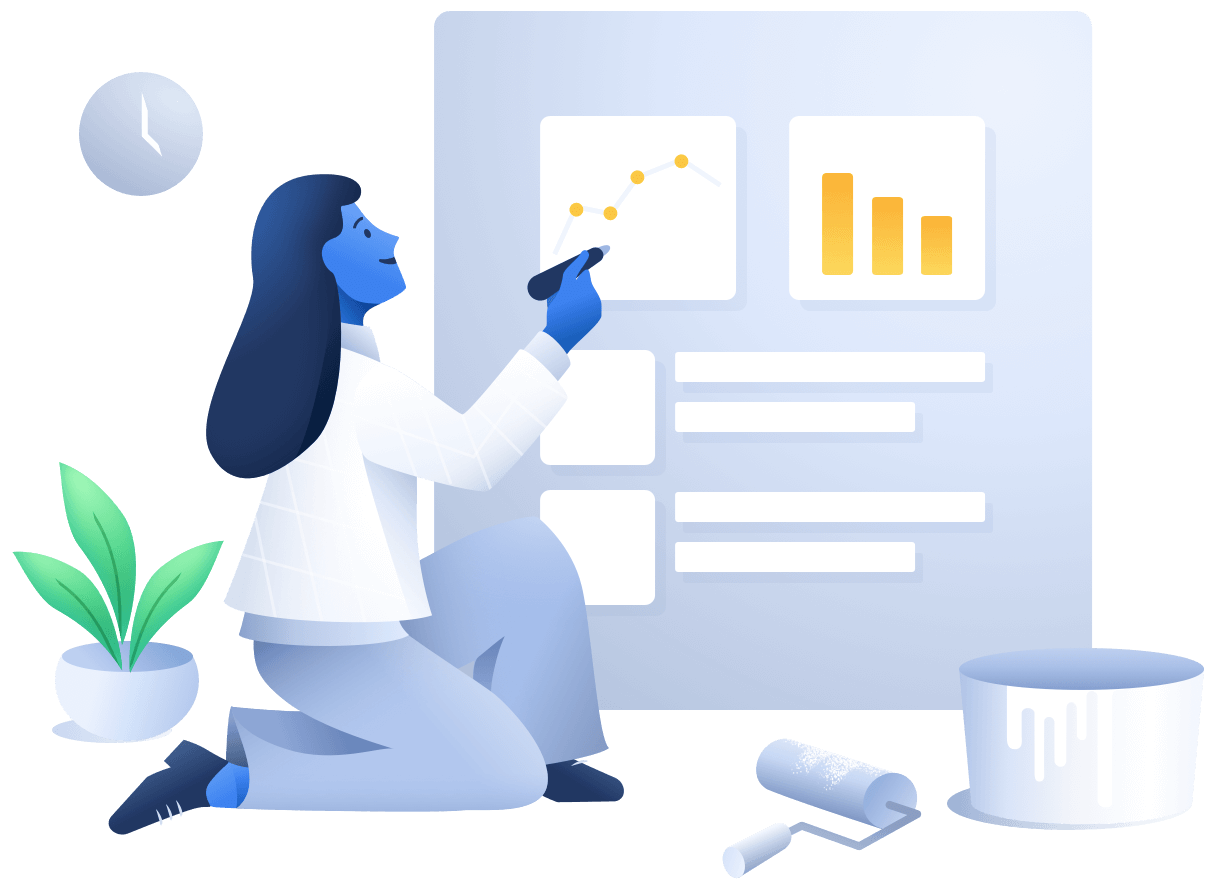The True Cost of Expilab Research: An Inside Look

Running online experiments, more-so behavioral and cognitive experiments, is not an easy task. Even with powerful tools like jsPsych and platforms like www.cognition.run at your disposal, the complexity of creating, managing, and analyzing such experiments is often a challenging endeavor.
Furthermore, there is the often overlooked cost factor. How much does running an online experiment actually cost? Let's use Expilab Research as our case study, digging into its license model, example costs, and hidden charges that might creep up during your psychological research.
Understanding the Expilab Research License Model
Expilab Research follows a subscription-based model. This means you have to pay an annual subscription fee to continue using their platform for your online cognitive experiment. Here you're paying not only for the access but also the wealth of resources, tools, and support the platform provides.
Example Cost for an Experiment with 100 Participants
Suppose you decide to conduct a cognitive experiment with 100 participants. What would that look like?
The cost of such an experiment would depend heavily on factors like the length of the experiment, the type of cognitive tasks involved, and the demographics of the participants. If you were to land 100 participants for a relatively straightforward series of 30-minute cognitive tasks, you'd be looking at around $3,000. And that's an estimate only.
Hidden Costs
Then there's hidden costs. These might include any additional software you require, support or expert consultation if you encounter difficulties in running experiments, incentives or rewards for your participants, and unforeseen costs that often come up in the context of remote studies.
Expilab Research, like many platforms, does a good job of keeping these hidden costs to a minimum. But it's essential to budget for them, just in case.
Tips to Reduce Costs
Luckily, there are ways you can reduce the cost of your online experiment. Here are a few tips:
- Optimize your experiment design: A well-designed experiment is not only more efficient but can also save you a lot of money. www.cognition.run provides some excellent resources here.
- Use open-source tools: Platforms like jsPsych offer robust capabilities for cognitive experiments and are entirely free to use.
- Pool your resources: Collaboration is key in scientific research. If you're part of a lab or a larger research group, consider pooling resources to save on costs.
While running online tests, including cognitive and behavioral experiments, may be complex and a bit expensive, with careful planning, you can effectively conduct your experiment without breaking the bank. Good luck with your experiments!